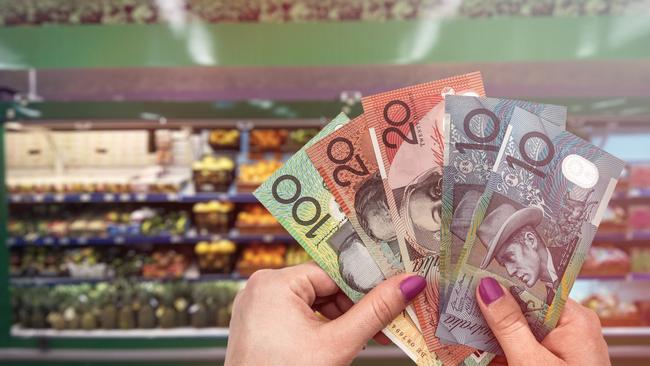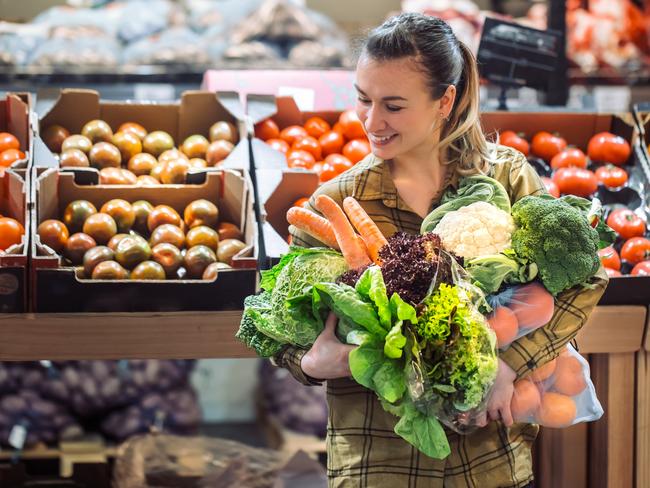Supermarket superhero: How to get your groceries cheaper
Supermarket spending is one of the biggest weekly drains on household budgets, so why waste money you don’t need to? Try these tips and save.
Saver HQ
Don't miss out on the headlines from Saver HQ. Followed categories will be added to My News.
As we battle with new border closures, fresh waves of coronavirus and ongoing economic worries, one thing is certain.
Everybody has got to eat.
Supermarkets no longer resemble the gladiatorial arenas they did back in February and March during the great toilet paper tussles, but there’s still the chance to do plenty of slashing – of your shopping costs.
A few simple strategies can translate to savings at the checkout and extra cash in your household budget.

A LIST IS A MUST
Wandering aimlessly through the aisles and buying what you think you might need is a fast way to waste money.
A list makes supermarket shopping fast, efficient, and stops you from buying perishables you don’t need.
And if you’re a finance nerd like me, you’ll have a flashy hardcover notebook and list the items in the exact order you wheel your trolley past them at the supermarket. This helps prevent impulse buying and annoys family members when you chastise them for putting biscuits in the wrong spot on the list.
ONE BIG SHOP
Consumer specialists say we are generally less conscious of value when spending smaller amounts of money, so popping in for a few items every few days will probably end up costing you more cash.
A big weekly shop means a bigger one-off bill that’s likely to prompt you to seek good value.
Combine it with weekly meal planning and checking online for specials, and you’re set to save plenty.

USE UNIT PRICING
Big supermarkets must provide information on pricing stickers about what an item costs per unit of measure – such as every 100 grams or litre.
This is a great tool in working out what gives you the best value for money. Buying a product in bulk often has a cheaper unit price, but not always.
And when some package sizes of a product are on special but others are not, check the unit price to see if the special really does deliver a bargain.
LOOK HIGH AND LOW
The best discounts may be buried at the bottom or top of shelves.
Eye-level shelf space is a premium position, so supermarkets will usually display what they want you to see. Or what a company is paying them to get this position.
LOYALTY PROGRAMS
It makes me sad at the checkout when I see fellow shoppers failing to use supermarket rewards cards.
Loyalty programs such as Woolworths Rewards and flybuys give free money for people with just the wave of their card. Some shoppers argue they don’t want big business knowing their shopping habits, but surely that horse has bolted in these days of social media and smartphones that track our entire lives?
Program cashback rewards aren’t huge – typically $10 off for every $2000 spent – but if you’re spending the money anyway it’s better to put that cash in our pocket rather than not.
More value can be achieved by converting your shopping points to frequent flyer program points, and you can double dip on rewards if you also use a credit card linked to these programs.
Originally published as Supermarket superhero: How to get your groceries cheaper
